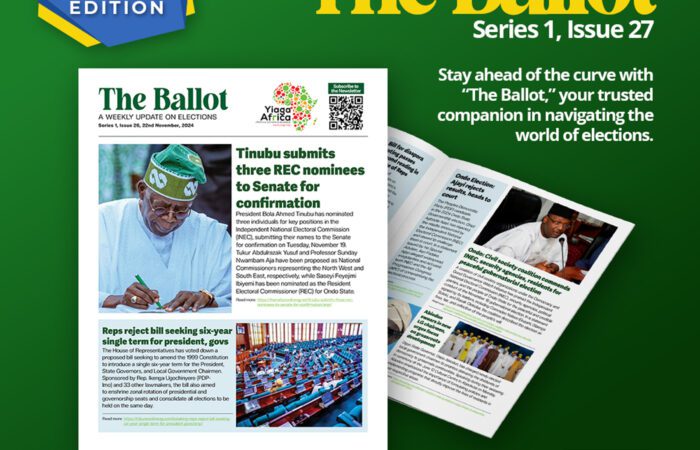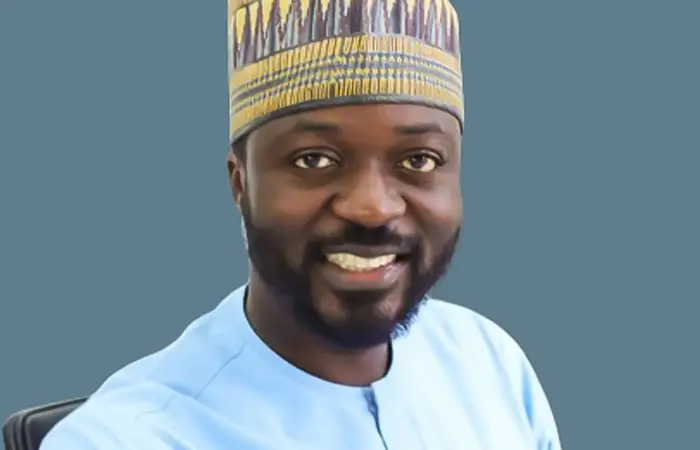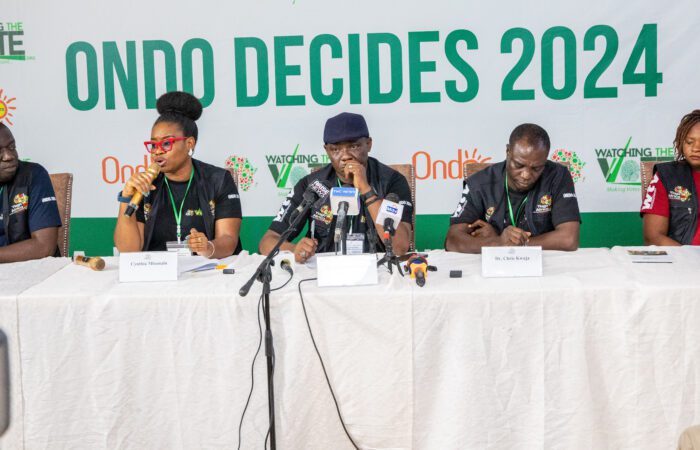2020 Edo Election: An election defined by strongarm tactics and violence: Yiaga Africa First Pre-Election Observation (PREO) Report
August 31, 2020
Executive Summary
Edo state’s off-cycle governorship election will be the sixth governorship election to be conducted in the state since the transition to civil rule in 1999. In 2008, the Action Congress Party governorship candidate challenged the outcome of the election. Through a decision of the election tribunal, Adams Oshiomhole was declared the duly elected governor of the state. The court decision in 2008 makes Edo state one of seven states with an off-cycle gubernatorial election. Edo state gubernatorial elections have always presented interesting political dynamics and have consistently remained highly contested. The 2020 Edo governorship election has seen the continuation of these political dynamics and presents a unique political context that has influenced the state’s pre-election environment.
First, the regional significance of the Edo governorship seat remains critical for the two dominant parties, the All Progressive Congress (APC) and the People’s Democratic Party (PDP). For the APC, Edo is strategic for its political relevance in the South-South geo-political zone as the only state with the APC as the ruling party before the defection of the incumbent Governor to PDP. The APC is seeking to establish its political strength by retaining its position as the ruling party in Edo, particularly given the APC’s loss in the 2019 Bayelsa election, which saw the re-emergence of PDP as the ruling party in the state following the court decision disqualifying the APC governorelect.
Second, grievances arising from internal conflict within the APC saw an incumbent governor disqualified to contest in the party primaries — an infrequent political occurrence. Third, the incumbent Governor Obaseki is contesting on the platform of the PDP, a party that served as his major opposition in the 2016 election. On the other hand, Pastor Osagie Ize-Iyamu, his prominent opponent in the 2016 election, is contesting on the APC platform. Lastly, this will be the first governorship election to be conducted by the Independent National Electoral Commission (INEC) amidst the COVID-19 pandemic, with the electoral commission preparing to test new policies on the conduct of elections during a pandemic. Also, stakeholders will be conducting election activities in extraordinary circumstances.
Edo state’s political context has been influential in shaping the politics of the Edo governorship election as revealed by Yiaga Africa’s Watching the Vote (WTV) findings from the first phase of the pre-election observation (PREO) in the state. Yiaga Africa deployed long term observers throughout the state to observe the pre-election environment and to monitor government responses to COVID-19 in each of the 18 Local Government Areas (LGAs). This pre-election observation also includes violence monitoring as part of an early warning system designed to prevent electoral violence and track the prevalence of human rights violations, particularly in light of the COVID19 pandemic. For this reporting phase, the findings from the LGAs indicates that while INEC released a list of candidates for 14 political parties contesting in the September 19 election, political campaigns appear to be dominated by the All Progressive Congress and the People’s Democratic Party (PDP). The competition has been reduced to a contest between personalities as opposed to issue-based campaigns. The WTV long term observers reported incidences of violent verbal and physical attacks, identity-based violence, and hate-speech rhetoric as campaign strategies employed by both parties for campaigns. The observers also reported the repositioning of cult groups as political merchandise for the election in some LGAs. While INEC activities for the election have commenced in earnest in some LGAs, observers reported that INEC is conducting very little voter education, especially on the new Voter’s Code of Conduct for Elections during COVID-19. In addition, observers reported sexual and gender-based violence in some of the LGAs in the state.






